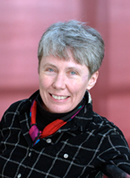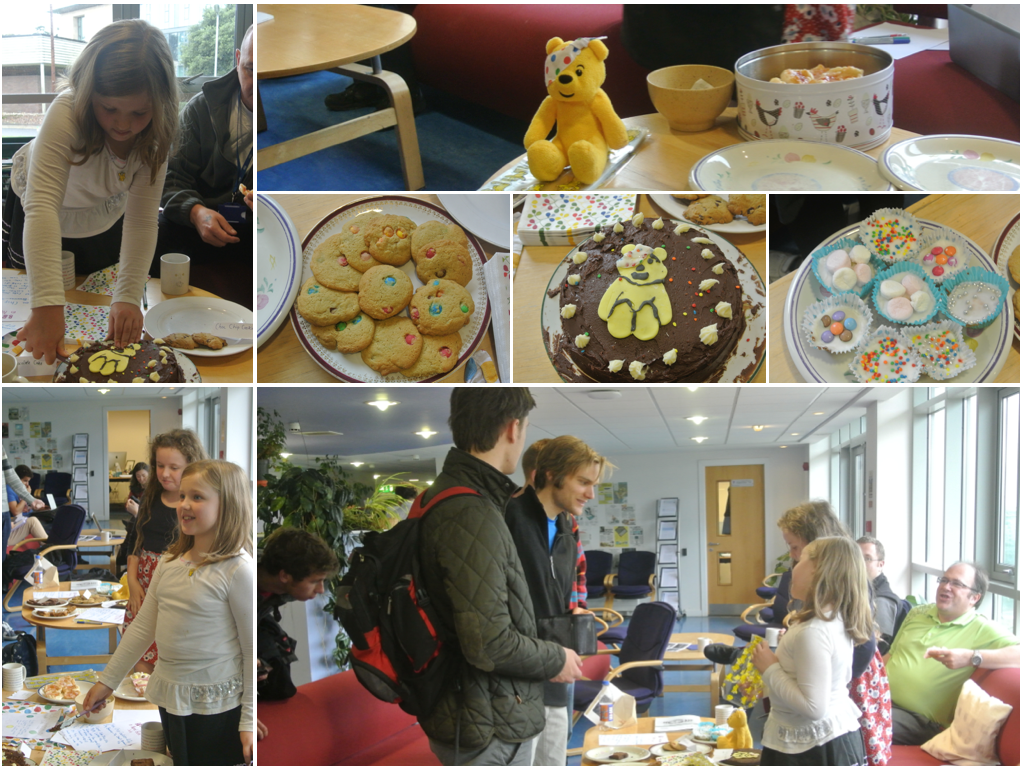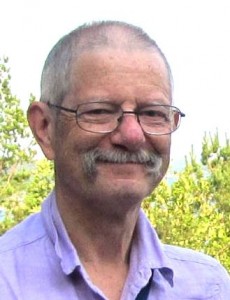In October 2015 we attended two IEEE conferences in the USA. Daniel Rough presented a full paper at the IEEE Symposium on Visual Languages and Human-Centric Computing, October 18–22, in Atlanta, Georgia. Uta Hinrichs presented a full paper at the IEEE Information Visualization (InfoVis) conference as part of VizWeek, October 25-30 in Chicago, Illinois. You can find details of these and all our papers on the publications page.
On November 10th, Daniel and Uta will reprise their talks here in St Andrews and everyone is welcome to attend. You can find the details for the two talks below along with links to the papers via the University of St Andrews research portal.
Talk 1 by Daniel Rough
Title: Jeeves – A Visual Programming Environment for Mobile Experience Sampling
Authors: Rough, D and Quigley, A.
Abstract: The Experience Sampling Method (ESM) captures participants’ thoughts and feelings in their everyday environments. Mobile and wearable technologies afford us opportunities to reach people using ESM in varying contexts. However, a lack of programming knowledge often hinders researchers in creating ESM applications. In practice, they rely on specialised tools for app creation. Our initial review of these tools indicates that most are expensive commercial services, and none utilise the full potential of sensors for creating context-aware applications.
We present “Jeeves”, a visual language to facilitate ESM application creation. Inspired by successful visual languages in literature, our block-based notation enables researchers to visually construct ESM study specifications. We demonstrate its applicability by replicating existing ESM studies found in medical and psychology literature. Our preliminary study with 20 participants demonstrates that both non-programmers and programmers are able to successfully utilise Jeeves. We discuss future work in extending Jeeves with alternative mobile technologies.
Paper details from the St Andrews Research Portal: Rough, DJ & Quigley, AJ 2015, ‘ Jeeves – a visual programming environment for mobile experience sampling ‘, IEEE Symposium on Visual Languages and Human-Centric Computing (VL/HCC), Atlanta, United States
Title: Speculative Practices: Utilizing InfoVis to Explore Untapped Literary Collections









